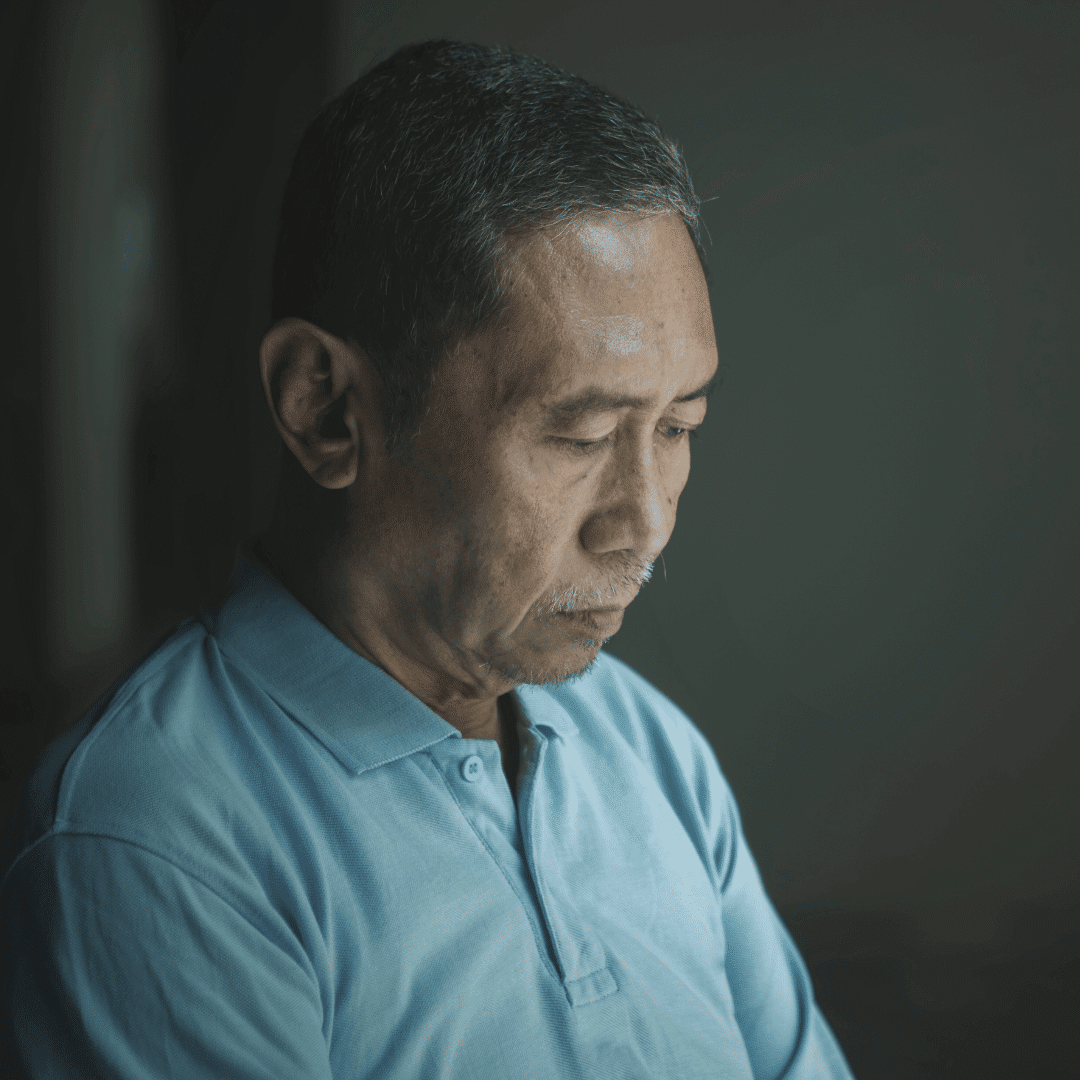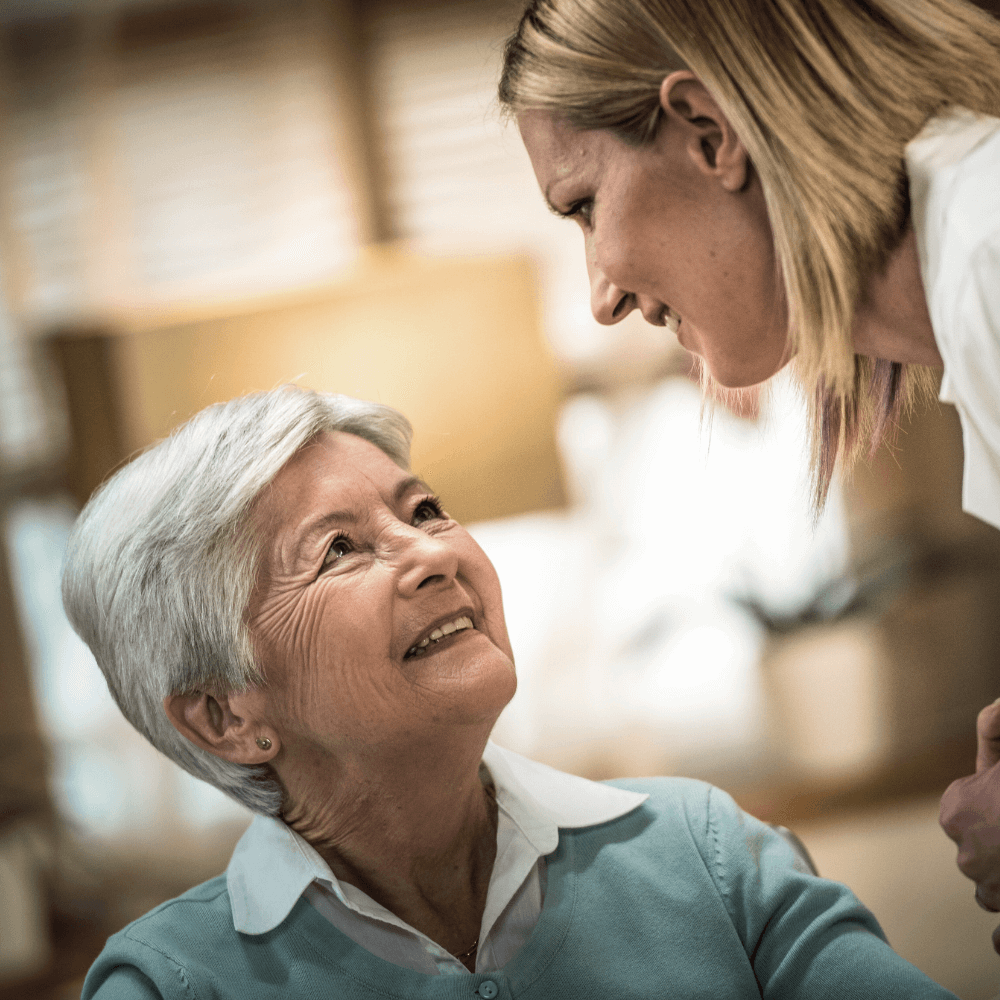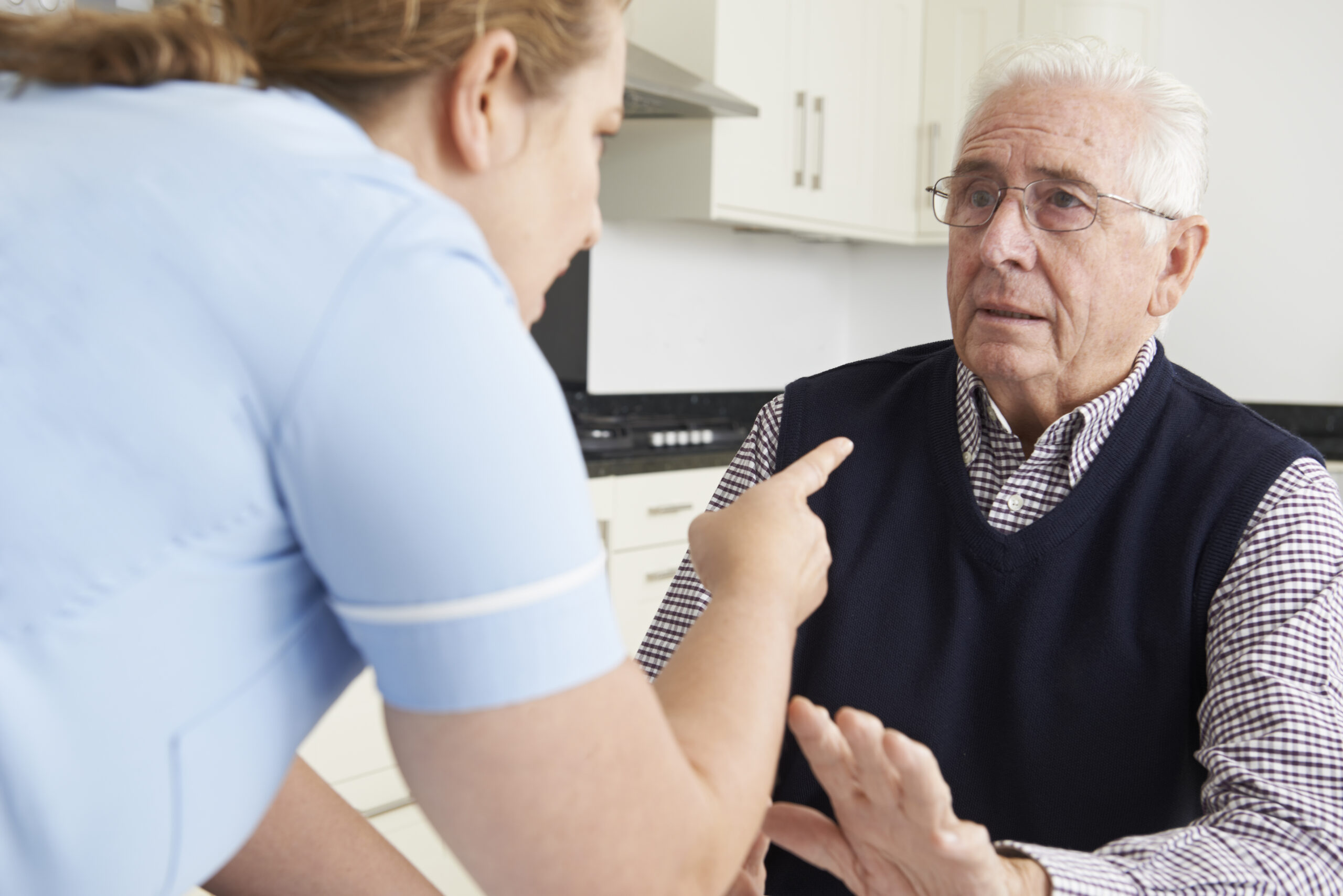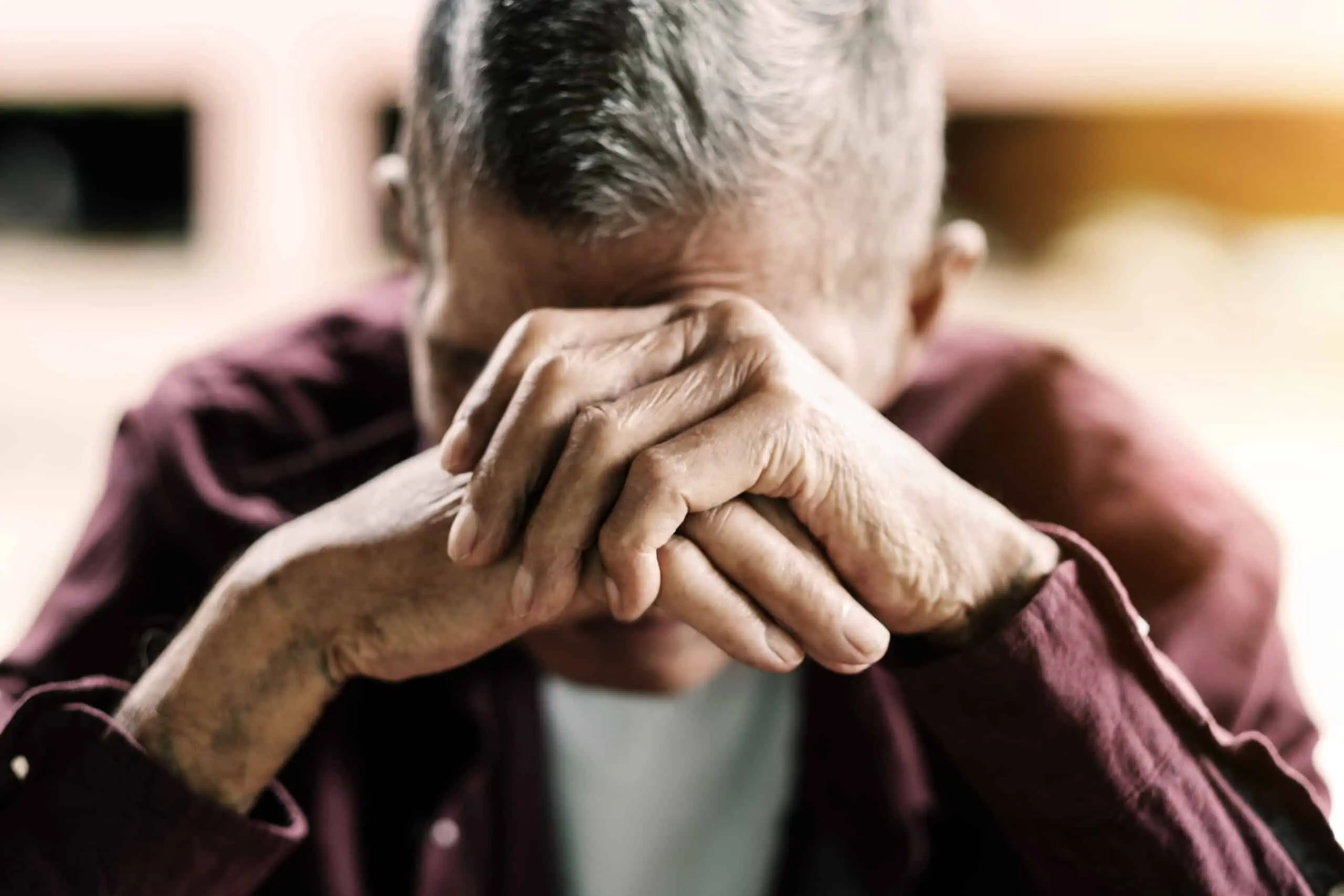Phoenix Elder Abuse Attorney
Discover actionable insights to help you understand, identify, and prevent elder abuse so you can better protect your loved ones. Get help now from experienced Arizona nursing home abuse attorneys.
Call 602.387.3000 for a free elder abuse consultation today

ELDER ABUSE IN ARIZONA
Understanding and Combating Elder Abuse
As Arizona's elderly population grows, the demand for specialized care increases, bringing the issue of elder abuse into sharper focus. Despite families' best efforts, elder abuse remains a significant threat to our seniors' well-being. This page delves into the types of elder abuse, including physical, emotional, and financial mistreatment.
Recognizing the signs, raising awareness, and implementing preventative strategies are crucial steps in safeguarding our elderly population and ensuring they are treated with the respect and dignity they deserve.
Recognizing the signs, raising awareness, and implementing preventative strategies are crucial steps in safeguarding our elderly population and ensuring they are treated with the respect and dignity they deserve.
Call Phoenix Nursing Home Abuse Lawyers Solomon & Relihan today for a Free Elder Abuse Case Evaluation at 602.387.3000
Preventive Measures












